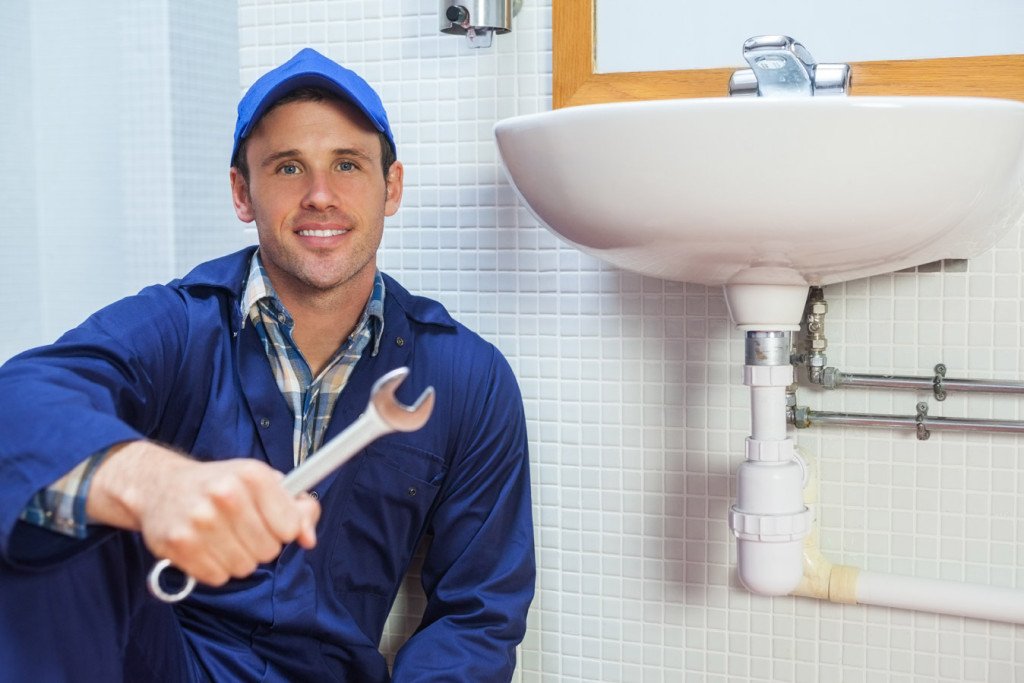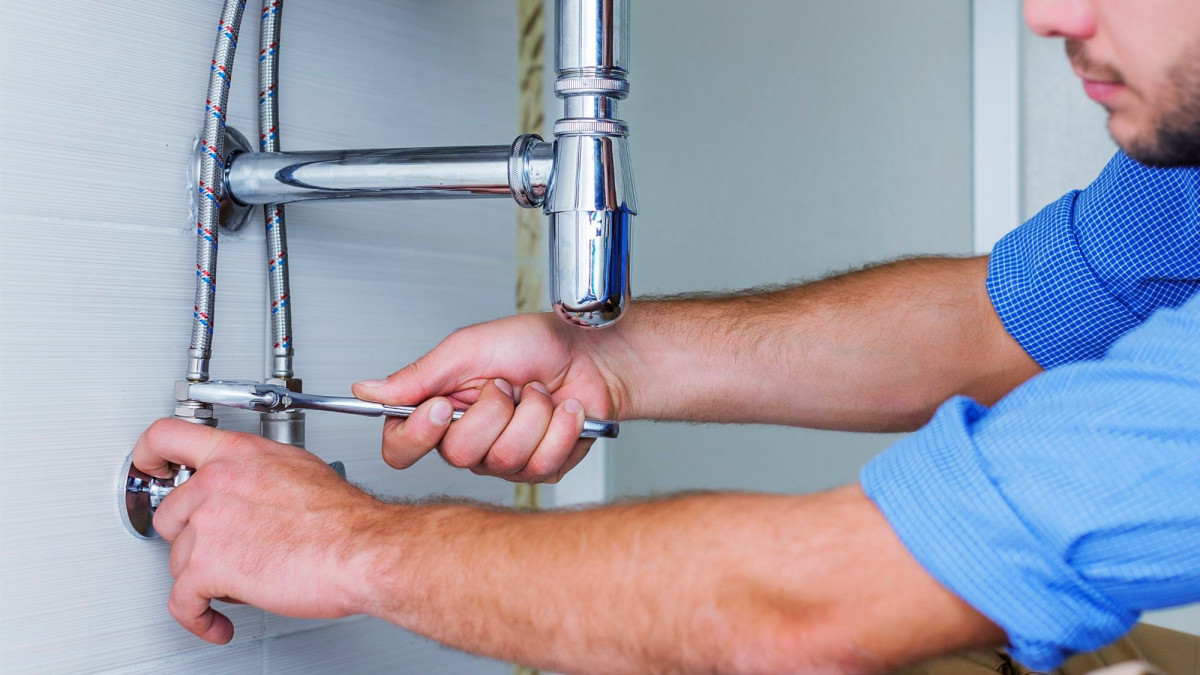Mastering Bathroom Plumbing: Crucial Advice for New Homeowners
Mastering Bathroom Plumbing: Crucial Advice for New Homeowners
Blog Article
Just about every person maintains their own unique idea on the subject of Plumbing Tips for New Homeowners.

For new home owners, understanding and keeping washroom pipes can conserve both money and time by protecting against expensive issues down the line. Below are some essential washroom plumbing tips to aid you maintain every little thing running smoothly.
Get Ready For Cold Weather
Shield your pipelines from freezing throughout cold weather by insulating pipes in unheated locations like basements, attics, and garages. Throughout extreme chilly, let cold water drip from faucets offered by revealed pipes to aid avoid cold.
Set Up Normal Upkeep
Think about organizing annual examinations with a certified plumbing professional. They can identify issues that you could miss, such as concealed leaks or deterioration on pipelines and fixtures. Routine maintenance assists expand the life of your plumbing system and can stop emergencies.
Familiarize Yourself with the Key Shut-Off Valve
Recognizing where the main water shut-off valve lies in your home is important. This permits you to rapidly switch off the supply of water in case of significant leakages or during plumbing emergency situations, preventing substantial water damage.
Consistently Examine for Leakages
Tiny leaks can result in large issues. Regularly inspect under sinks, around commodes, and near plumbing components for any indications of leakages. Search for wetness, small drips, or rust. Capturing and fixing leaks early can avoid extra significant damage and save water.
Preserve Your Hot Water Heater
Ensure your water heater is set to a suitable temperature level (commonly around 120 degrees Fahrenheit) to stop hot and reduce energy use. Flush the container yearly to eliminate debris buildup, which can reduce the effectiveness and life expectancy of your heating unit.
Upgrade Your Fixtures
If your home has older components, take into consideration updating to extra reliable versions. Modern commodes, showerheads, and taps are created to make use of much less water while supplying excellent stress, which can considerably minimize your water costs and ecological footprint.
Be Cautious with DIY Pipes Repairs
While it's appealing to manage all home repair services by yourself, beware with pipes. Some problems may call for specialist expertise, specifically if they entail primary water lines or drain repairs. Working with a professional can sometimes be extra cost-efficient than DIY, especially if it prevents more damage.
Don't Disregard Slow Drains
If your sink or bath tub is draining slowly, it's usually an indicator of an obstruction forming. Addressing this very early can stop a total blockage. Make use of a plunger or a plumbing professional's snake to remove debris. Prevent utilizing chemical drain cleansers as they can harm your pipes gradually.
Know What Not to Flush
Commodes are not garbage disposals. Stay clear of flushing anything other than toilet tissue and human waste. Items like wipes, womanly hygiene products, and cotton swabs need to be thrown away in the trash to prevent obstructions and sewage system backups.
Install Strainers in Drains
Area strainers in your sink and bath tub drains pipes to catch hair and various other debris prior to they enter your pipes system. Cleaning up the strainers on a regular basis will help protect against accumulation and maintain water flowing easily.
Verdict
Comprehending and preserving your home's bathroom pipes can protect against lots of common issues. By complying with these vital pointers, you can ensure your restroom continues to be practical and reliable, conserving you money and time in the long run.
Essential Plumbing Tips for Homeowners: Keep Your Pipes Flowing Smoothly
As a homeowner, understanding the basics of your plumbing system can save you time, money, and a lot of headaches. Plumbing issues can range from minor annoyances like dripping faucets to major problems like burst pipes that cause significant damage. This guide provides essential tips to help you maintain your plumbing system and tackle common issues.
Understanding Your Plumbing System
Supply System: Brings fresh water into your home from a municipal source or a well. Drain-Waste-Vent System: Removes wastewater and vents sewer gases outside. Fixtures and Appliances: Includes sinks, toilets, showers, dishwashers, and washing machines. Basic Maintenance Tips
Regular Inspections: Periodically check for leaks, corrosion, and other signs of wear and tear. Look under sinks, around toilets, and near water heaters. Know Your Main Shut-Off Valve: In case of a major leak, you’ll need to shut off the water quickly. Ensure everyone in your household knows where the main shut-off valve is located. Prevent Frozen Pipes: In cold climates, insulate exposed pipes and let faucets drip during extreme cold to prevent freezing. Use Strainers: Install strainers in sinks and tubs to catch hair, food particles, and other debris that can cause clogs. Common Plumbing Issues and Solutions
Clogged Drains:
Prevention: Avoid pouring grease down the drain and use drain screens to catch debris. DIY Fix: Use a plunger or a plumbing snake to clear minor clogs. For stubborn clogs, a mixture of baking soda and vinegar can sometimes help. Leaky Faucets:
Prevention: Replace washers and seals regularly. DIY Fix: Turn off the water supply, disassemble the faucet, and replace worn parts.

Give Me A Quote! Report this page